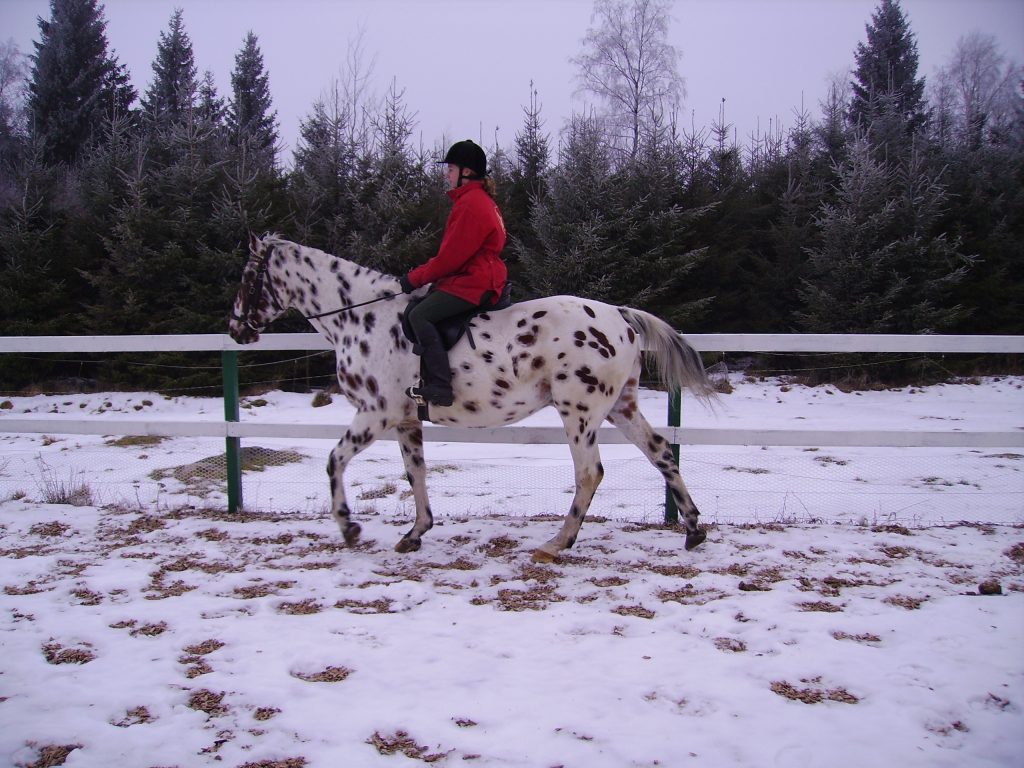“Understanding When to Dismount During a Horse’s Spook”
Many equestrians face the dilemma of whether to stay mounted or dismount when their horse becomes frightened or spooks. It’s a situation where conflicting advice is often given, with some suggesting that remaining mounted shows leadership, while others believe that dismounting can be the wiser choice. Let’s delve into this and shed light on a perspective that prioritizes safety and the well-being of both rider and horse.
Firstly, it’s essential to clarify that a horse’s reaction to a scary situation is not a battle; it’s a response to fear. Horses, like humans, can get frightened or anxious, and their spooking is a natural instinct to perceived threats. So, when faced with a spook, it’s crucial to understand that the horse isn’t attempting to challenge the rider’s authority but is genuinely afraid.
The decision to stay mounted or dismount during a spook depends on various factors. Remaining on the horse while effectively calming it down can indeed exhibit strong leadership and confidence, which reassures the horse. However, here’s an alternative perspective:
If both the horse and rider are feeling overwhelmed by fear and are unable to manage the situation while mounted, dismounting might be a prudent decision. By doing so, the rider can step away from a potentially dangerous situation and take charge from a safer vantage point.
It’s important to note that stepping down isn’t about conceding to the horse or giving in to fear. Instead, it’s a strategic move to ensure safety and regain composure. Once on the ground, the rider can focus on calming the horse, regaining confidence, and then resume control with a clearer mindset.
Being a leader isn’t about bravely staying mounted despite overwhelming fear. True leadership involves making decisions that prioritize the safety and well-being of both horse and rider.
In the end, every situation is unique, and there’s no one-size-fits-all answer. What’s crucial is recognizing the limits of one’s abilities in a tense moment and making decisions that prioritize safety and a positive outcome for both horse and rider.
Remember, it’s not about who “wins” or “loses” in this scenario, but about fostering a relationship of trust and understanding between the rider and the horse.


